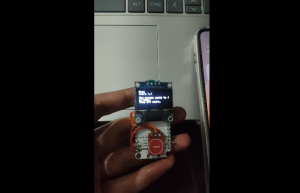A new discovery may take us closer to winning the fight against Ebola. Researchers from the National Institute of Allergy and Infectious Diseases (NIAID) have discovered a single monoclonal antibody isolated from a human Ebola virus disease survivor that successfully protected non-human primates from the disease when administered as late as five days after the lethal infection took hold, according to a press release. Single monoclonal antibodies, which are proteins that attacks viruses, may be the key to fighting Ebola, and the new discovery can now be tested in humans to reveal its potential.
The research team gathered and analyzed blood test samples from a survivor of the 1995 Ebola outbreak that took place in Kikwit and pinpointed antibodies in their blood that were retained from the battle with the disease. After isolating these specific antibodies, the team administered a lethal dose of Zaire ebolavirus to four rhesus macaques, treating three of them with the monoclonal antibodies, mAb114, daily for three consecutive days and the other one with nothing.
The results showed that the untreated control macaque developed signs of Ebola and died nine days after the experiment's onset, while the other three survived and showed no symptoms of the disease.
Additional analyses revealed that mAb114 neutralizes the virus by binding to the core of its glycoprotein, thereby blocking its interaction with receptors on human cells. Although this area on the glycoprotein was thought to be unreachable, this antibody marks the first one to demonstrate the ability to neutralize Ebola through this unique interaction.
The study's authors believe that mAb114 could be an effective Ebola therapy in humans and suggest further exploration into its potential uses and benefits.
The findings are available here and here, across two articles released on Feb. 25 in the journal Science.
© 2025 HNGN, All rights reserved. Do not reproduce without permission.








